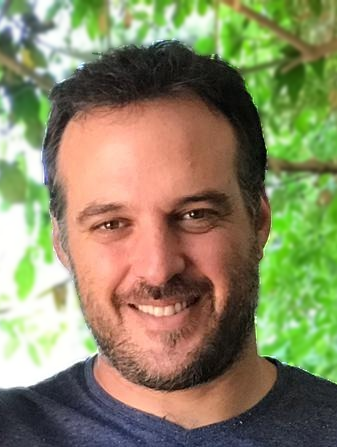FACULTY
Researchers

Noam Kaplan, PhD, Assistant Professor

Genomes carry genetic information. But genomes are not just abstract information: they are physically manifested as extremely long molecules that are intricately organized in the nucleus of every cell. The spatial organization of the genome is closely related to how it is accessed, regulated and activated by cellular machinery. The Kaplan lab is an interdisciplinary group studying this profound connection between genetic (and epigenetic) information and its physical organization. Our teams include researchers from diverse backgrounds including biology, chemical engineering, math, computer science, electrical engineering, physics and biotechnology.
Our research combines experimental and computational methods to gain a mechanistic understanding of how the genome encodes its organization and how this organization conveys biological function in various biological systems and diseases.
What do we study? The two main fundamental questions we study are:
How is the 3D organization of the genome encoded? How does the 3D organization of the genome mediate its function?
How do we study it? We use high-throughput experiments, mainly based on next-generation DNA sequencing technology. One of the central techniques we use is Hi-C, an experiment that allows us to measure pairs of loci in the genome that contact each other in 3D, at a single point in time, across the entire genome. After performing these experiments in our lab, measuring hundreds of millions of interacting pairs in a single experiment, we construct interaction maps – matrices that show how frequently every pair of loci in the genome interacts.




